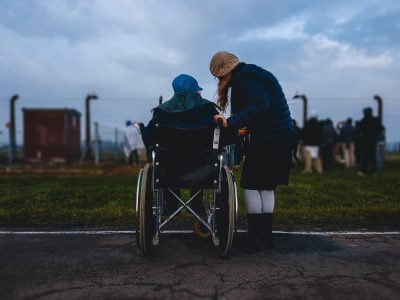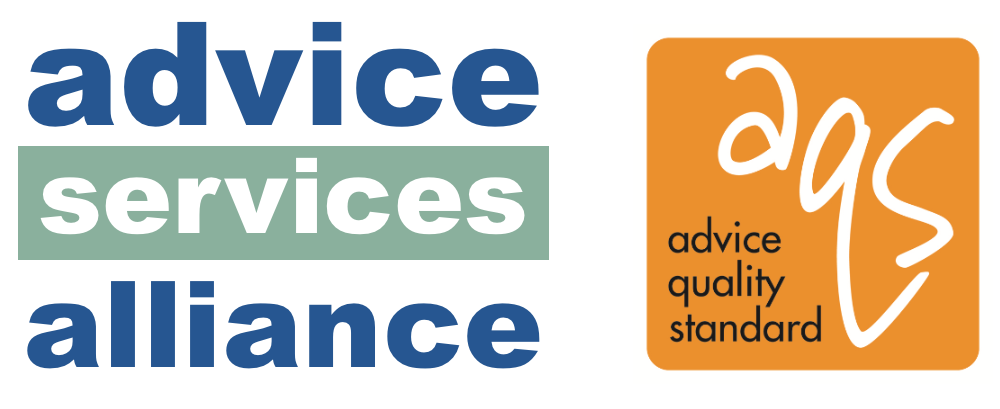Suicide Prevention Day
By Chloe Hall
How widespread is suicide?
The global number of suicide deaths each year is approximately 700,000. That amounts to about one percent of all deaths. On average it means there is a suicide every 45 seconds. It is a jaw dropping statistic. In England and Wales, there are about 5,500 deaths from suicide each year. Researchers estimate that there may be up to twenty-five times as many attempted suicides, that is up to 137,500 or one every four minutes.
The highest rates of suicide in England and Wales occur among middle aged men, typically 44-55 years old. Men find it difficult to reach out for advice and help, or talk about how they are feeling. However, statistically speaking, there are several other higher risk groups, for instance, LGBTQ+ people, teenagers, new mothers, and members of some ethnic groups. Among young people, aged 20-34, suicide is the most common cause of death.
 Factors associated with suicide
Factors associated with suicide
There are several factors which are quite frequently associated with increased risk of suicide. For example, a history of abuse, self-harm, financial worries, poverty, alcohol or drug misuse, loneliness, bereavement, or the breakup of a relationship.
World Suicide Prevention Day was first introduced in 2003. The two founding organisations, The World Health Organisation (WHO) and the International Association for Suicide Prevention (IASP) are continuing to lead the campaign to ensure greater awareness across the world. This year, World Suicide Prevention Day is on Tuesday 10th September. The purpose of the day is to underscore the message that suicide can be prevented. For the next three years, the central theme is ‘Changing the narrative on suicide’. The WHO is aiming to address three pivotal issues.
First, to reduce the stigma that persists around suicide by promoting greater understanding. Second, to foster broad, respected and robust support networks. And third, to tackle the uneasy culture of silence that continues to prevail in many communities by running sensitive yet candid information campaigns.
What should you do if you think somebody is having suicidal thoughts?
Perhaps there is a person you are concerned about. They have not been their usual self. They may have lost their smile and sense of purpose. They may seem unusually emotional, or appear restless, unable to concentrate, and surprisingly determined to avoid people. Perhaps they have become distracted or stopped responding to everyday communications. They may also be smoking or drinking heavily or taking drugs to try to cope with their feelings.
Experts reassuringly stress that having an honest and open conversation with somebody who is contemplating suicide does not increase the chances of their attempting to end their life. On the contrary, people who have contemplated or attempted suicide often say that being able to talk to a good listener made a positive difference to them when it mattered the most. Researchers have demonstrated that speaking candidly and directly about suicide decreases the chances that somebody will act on their feelings.
If you are concerned that somebody is having suicidal thoughts, and you feel comfortable doing so, experts suggest that you can reach out to the person yourself. You may be able to reassure them that you care about them, or that they are valued by family and friends. IASP suggest that you could try using direct, concise language, with open ended questions, like this, ‘You don’t seem yourself at the moment. How are you feeling?’ Depending on how well you know the person, professionals suggest that you should try to be reassuring and direct, like this, ‘You know that I care a lot about you… Do you feel suicidal?’ It is essential that you are not judgemental, nor trivialise the person’s feelings, and ensure that they have plenty of time to respond.
If somebody tells you that they are having suicidal thoughts, then it is vital we take them seriously.. You should aim to listen in an open minded and supportive way. You can begin to explore possible ways to seek help and be safe. You should suggest contacting the GP, a mental health professional and a helpline for advice. It is likely to be beneficial if you can be with them when they make the appointment or reach out to a helpline. You could accompany them to an appointment, if appropriate. It is also possible that the person would consider making a safety plan.
If someone is at immediate risk of harm to themselves or has an active plan or intent to die by suicide, you should call emergency services.

What is a safety plan?
A person who has been experiencing suicidal thoughts may find it beneficial to make a safety plan.
IASP suggests completing a simple form such as the one available online.
There are six short sections, each with some outline suggestions and advice: warning signs, coping strategies, distractions, personal supporters, professional supporters, and a safe place to be. A safety plan is just that, an adaptable and personal resource, kept ready to hand, which could make a difference.
Conclusion
At HFEH Mind we are continuing to help change the narrative about suicide. We encourage and welcome people to say how they are feeling, without fear of judgement or stigma. People should be able to speak openly about suicide, and we are determined to offer help to anyone who needs it by listening respectfully and by highlighting whatever support and help is available. We have two services where children/young people and adults can talk about their mental health and how they are feeling:
- Safe Space: a crisis prevention service where you can drop in or make an appointment if you are in or nearing crisis. We have a location in Ealing, Hounslow and Hammersmith & Fulham, see link to find out more and self-refer https://www.hfehmind.org.uk/get-support/safe-space/
- The Circle: a crisis prevention service for children and young people aged 5-18 where you can drop in or make an appointment if you are nearing crisis, located in Ealing. See link to find out more and self-refer https://www.hfehmind.org.uk/get-support/service-for-schools/support-for-children-young-people/circle/
Signposting
In an emergency call 999 for an ambulance.
Your GP can be contacted by phone if you need immediate help. Outside of surgery hours you can call NHS Direct for more guidance on 111. The service is open 24 hours a day, 7 days a week.
There are other mental health support providers who offer support and advice around the clock.
HFEH Mind Safe Spaces:
Hammersmith and Fulham: 0207 471 0582
Ealing: 0207 471 0583
Hounslow: 0207 471 0584
Samaritans
Call 116 123 or Text 07725 90 90 90
CALM
Call 0800 58 58 58 (Open 5pm – midnight, all year)
If you feel unable to do this yourself, ask someone to help you. Mental health emergencies are serious, and you are not wasting anyone’s time. People would like to help.
Additional Resources
There’s a lot of advice and help online for anyone who is finding things difficult. You could try looking at one or more of these sources of information:
HFEH Mind Children & Young People Services
The Circle – Children & Young People Crisis Cafe and Hub
Posted on: 3rd September 2024



















